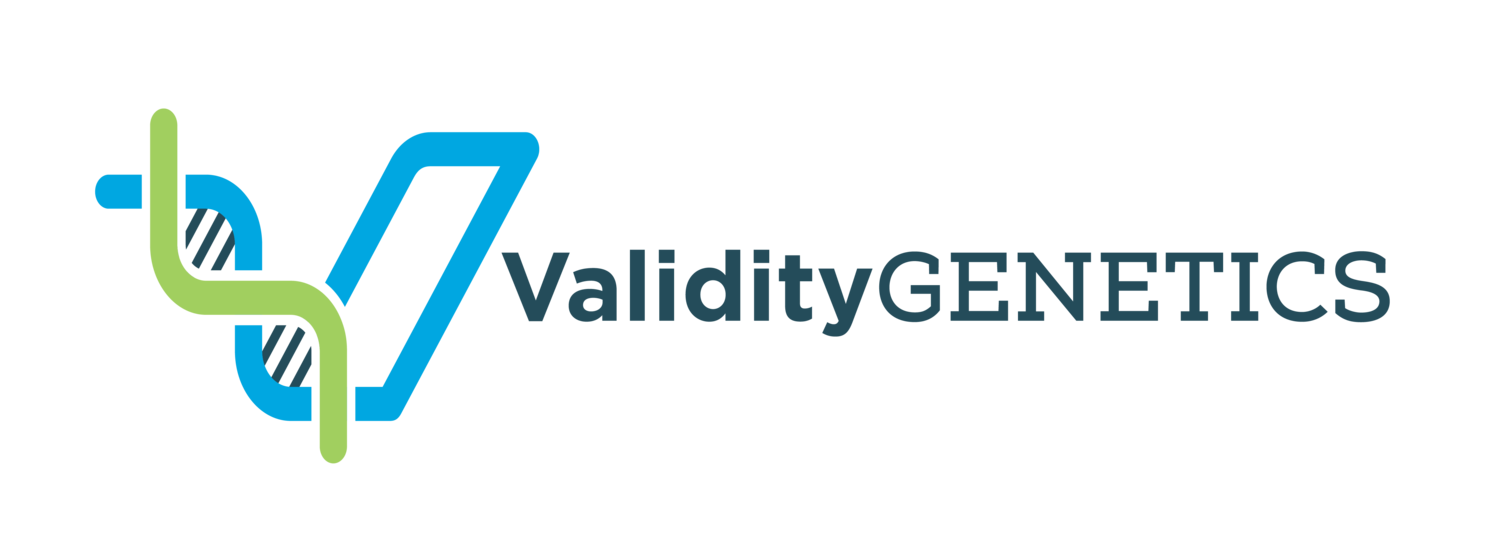Special Samples
What is a forensic or Special Sample?
The most common way to collect DNA samples is from an oral buccal swab, but when a client must test an object other than the standard swabs (be it a shirt, bed sheet, cigarette, prophylactic, band aid, or something else with DNA attached to it), especially in the case of Infidelity testing, we recommend following this guide to gather your "special sample".
To avoid contamination it is extremely important that all tested evidence is handled as little as possible from the start. Sterile gloves are recommended to prevent any contamination while gathering DNA samples.
HOW TO COLLECT SPECIAL SAMPLES:
To gather special samples, please follow these instructions:
Step 1: Please label envelope with the following details (use one small envelope per sample):
Sample name or description
Collection Date
Approximate age of sample (date when it may have appeared or item last used)
Step 2: Prep the sample to be mailed:
If this is a clothing sample or fabric stain (for example a bed sheet) we recommend you send the entire item to our lab. Please indicate where the stain to be tested is*
If you decide the item is too large to send through the mail, the stained area may be cut out and mailed instead. Please leave one to two inches of space around the potential DNA
If this is a smaller item (toothbrush, hair follicles, condom, etc), make sure it dry (please allow to air dry. Do NOT use a hair dryer or any form of heating device to force it to dry) and can fit inside the labeled envelope
Do NOT place anything in plastic bags
Step 3: Seal samples inside labeled envelope:
Place the special samples into the envelope
Seal the envelope with tape
Step 4: Place samples together in a larger envelope and mail to our Laboratory:
Compile envelopes containing special samples, oral buccal swab samples, and the completed paperwork together into a larger mailing envelope
Mail to our laboratory using a traceable courier service (USPS, FedEx, UPS, etc)
*clothing and fabric samples may be damaged or destroyed when tested
Additional info and ways to collect samples:
DNA, in a dry state, is very stable. Ultraviolet light, extreme temperature and moisture are the primary destructive agents of DNA molecules. There are a few basic rules that must be followed for the proper collection, packaging and storage of DNA evidence.
Wet Stains (Ex: blood, semen, saliva)
Biological evidence should always be allowed to air dry before being packaged in an envelope. Moisture allows bacterial growth to occur, rapidly destroying the material and greatly reducing the possibility of obtaining accurate DNA results. Blow dryers and other heating devices should not be used to force an item or stain to dry.
Pooled biological samples (Ex: blood, saliva, semen)
When dealing with blood, saliva or semen in a pooled or liquid state that may become contaminated or must be cleaned, swab the sample onto sterile cotton swabs (in a pinch Q-tips, with one end cut off, will work) and allow the swabs to air dry before packaging in a clean paper envelope. Please try to have at lest two swabs per sample.
Dry Stains (Ex: blood, semen, saliva)
For best results and highest accuracy an article with stains should be submitted in its entirety. Each article should be separated from another. We recommend large envelopes, clean paper bags, or clean plastic bags (only if the article is completely dry). If the article is too large to be mailed and the stained area cannot be cut out, please follow these steps to help with a proper collection.
Place two or three drops of distilled water onto a sterile cotton swab (or a one sided Q-Tip)
Rub the swab over the stained area. Try to transfer as much of the stain as possible onto the swab.
Allow the swabs to air dry and package in clean paper envelopes.
Properly collecting, storing, and shipping DNA specimens for analysis helps to ensure accurate results. Most samples in a dry state will offer testable genetic evidence for decades.
For additional questions contact us or email us at Info@ValidityGenetics.com







